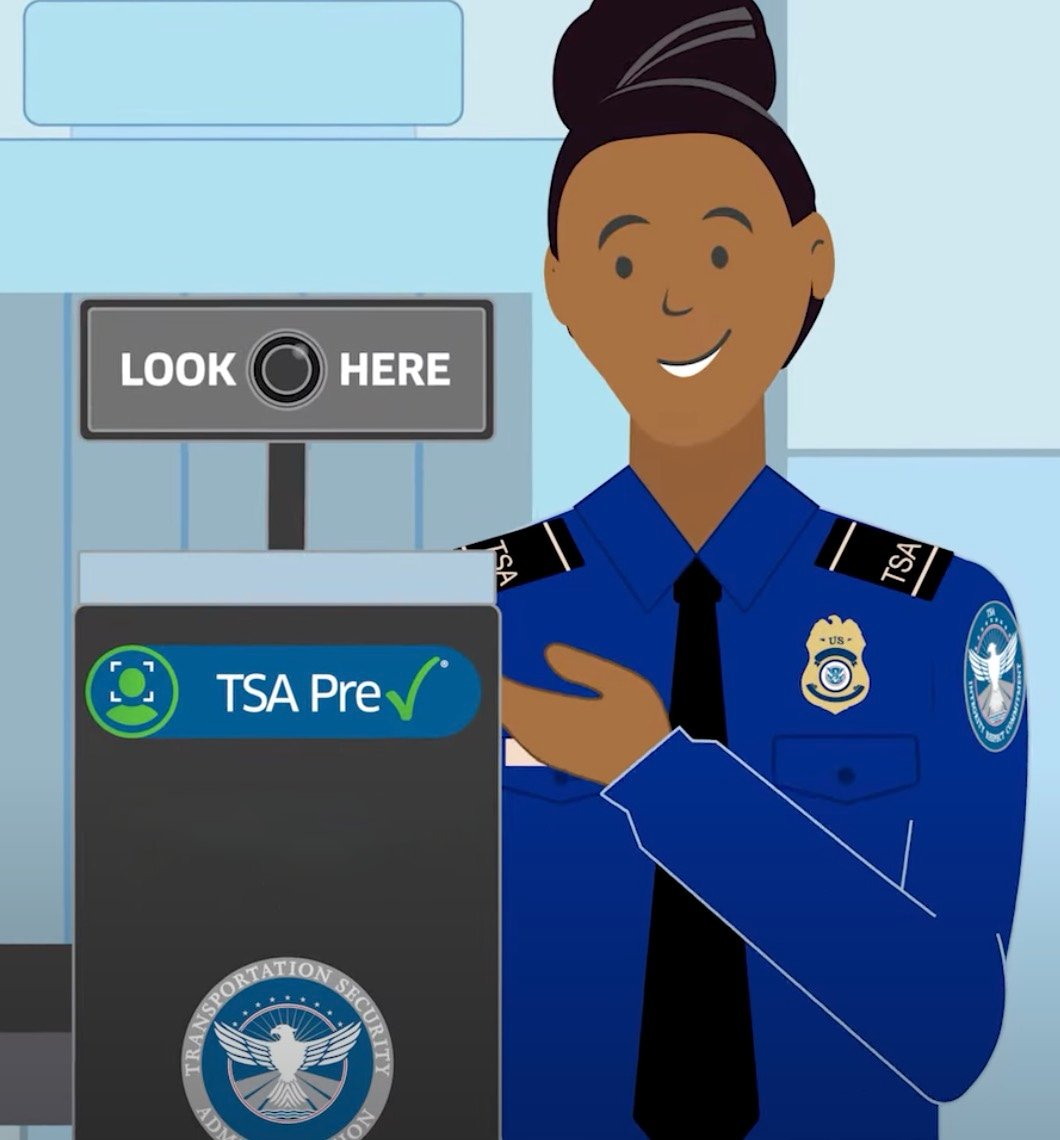American Airlines is accelerating its adoption of facial recognition systems. With an eye toward easing congestion and modernizing passenger processing, the airline is bringing its biometric identity verification tools to more airports, positioning the move as a way to increase speed and convenience for travelers.
Central to the expansion is the TSA PreCheck Touchless ID program, a system that enables enrolled passengers to bypass traditional ID checks.
Instead of presenting documents, travelers stand for a photo that is instantly matched to their passport or TSA PreCheck profile. The technology, already active at select airports, will soon be introduced at additional locations nationwide.

Airlines across the industry have begun turning to facial recognition as a solution to increasing foot traffic without increasing physical infrastructure. American Airlines has already implemented facial scan boarding gates in collaboration with US Customs and Border Protection at JFK Airport’s Terminal 8, allowing travelers to board without needing paper or digital passes.
Other major airports have seen similar systems installed as part of the aviation sector’s push for contactless processing.
While the convenience of biometric ID systems is frequently promoted by the travel industry, their rapid expansion continues to raise red flags among those focused on civil liberties and digital rights.
The concern lies in the normalization of constant identity tracking, the possibility of function creep, and the risk of personal data being repurposed or mishandled. Airline representatives insist these systems are optional (for now) and intended to improve passenger flow, particularly during busy periods.
As digital ID systems become more embedded in air travel routines, American Airlines’ latest moves signal a shift toward a future where facial recognition may become the standard. But that vision continues to depend on how transparently the technology is implemented, and whether passengers remain free to opt out without consequence.












